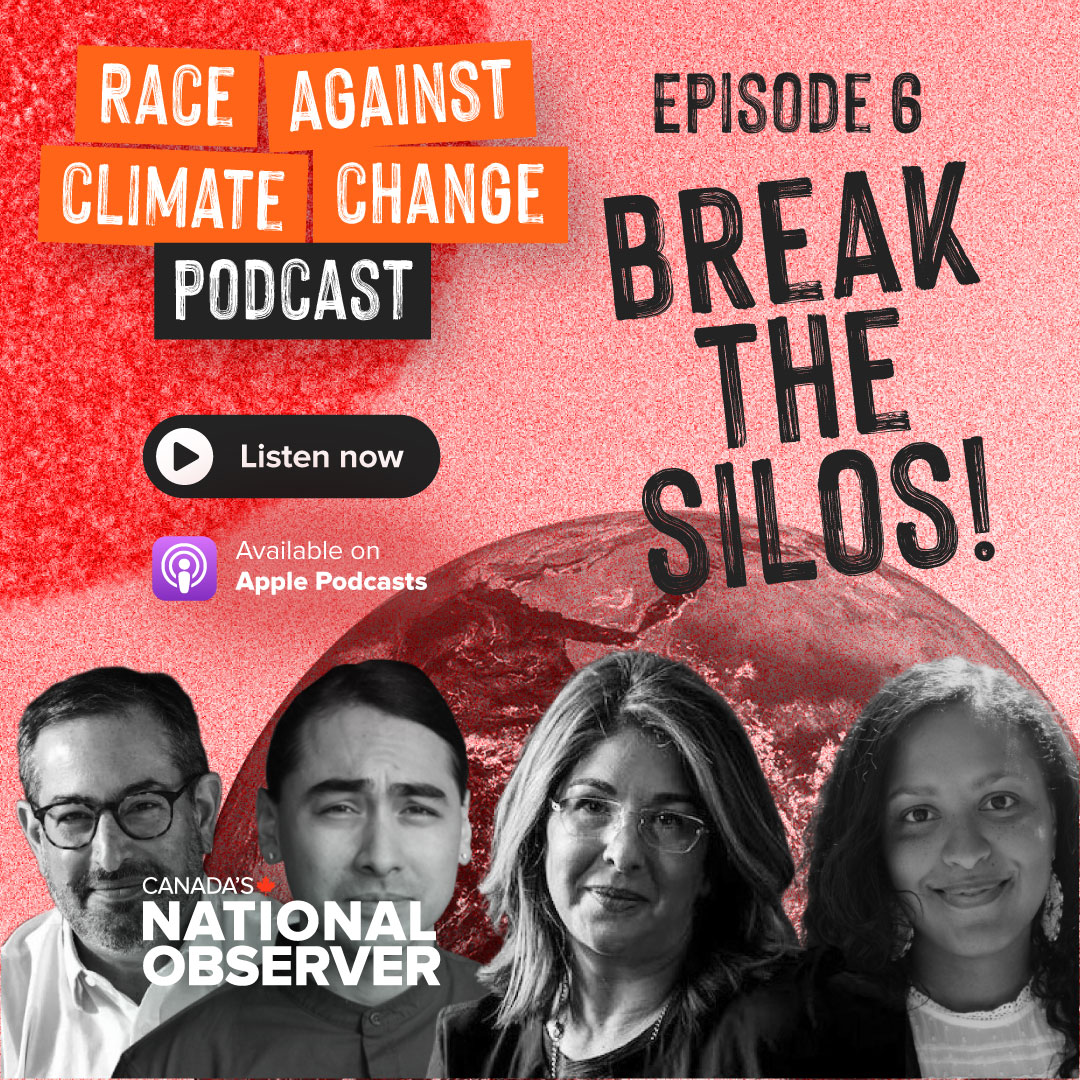Support strong Canadian climate journalism for 2025
This story was originally published by The Guardian and appears here as part of the Climate Desk collaboration.
Crows are being recruited to pick up discarded cigarette butts from the streets and squares of a Swedish city as part of a cost-cutting drive.
The wild birds carry out the task and get a little food for every butt that they deposit in a bespoke machine designed by a startup in Södertälje, near Stockholm.
“They are wild birds taking part on a voluntary basis,” said Christian Günther-Hanssen, the founder of Corvid Cleaning, the company behind the method.
The Keep Sweden Tidy Foundation says that more than one billion cigarette butts are left on Sweden’s streets each year, representing 62 per cent of all litter. Södertälje spends 20 million Swedish kronor (£1.6 million) on street cleaning.
Günther-Hanssen estimates his method could save at least 75 per cent of costs involved with picking up cigarette butts in the city.
Södertälje is carrying out a pilot project before potentially rolling out the operation across the city, with the health of the birds being the key consideration given the type of waste involved.
New Caledonian crows, a member of the corvid family of birds, are as good at reasoning as a human seven-year-old, research has suggested, making them the smartest birds for the job.
Günther-Hanssen said: “They are easier to teach and there is also a higher chance of them learning from each other. At the same time, there’s a lower risk of them mistakenly eating any rubbish.
“The estimation for the cost of picking up cigarette butts today is around 80 öre [Swedish change] or more per cigarette butt, some say two kronor. If the crows pick up cigarette butts, this would maybe be 20 öre per cigarette butt. The saving for the municipality depends on how many cigarette butts the crows pick up.”
Tomas Thernström, a waste strategist at Södertälje municipality, said the potential of the pilot depended on financing.
“It would be interesting to see if this could work in other environments as well. Also from the perspective that we can teach crows to pick up cigarette butts but we can’t teach people not to throw them on the ground. That’s an interesting thought,” he said.






Comments
80 ore is about 11 cents Canadian. I'll bet if butts dropped into a machine netted a nickel a pop discount on the next pack, and all locations selling cigarettes had to have one ... there'd be a lot fewer on the ground. The
6 cent difference could pay for the machines.
The cost of the program could be added on to the cost of a pack of cigarettes, to publicize the issue and program.
BTW, the corvid in the photo looks to me like a raven, not a crow.
I hope the machine's good at knowing that what's dropped in it is a cigarette butt, because I'd be willing to bet if crows run out of cigarette butts they will try dropping other stuff in. Crows are definitely up for gaming the system!
Cigarette butts are toxic.
Have the crows signed a consent form?
I suppose that as long as the crows don't lick or swallow the buts their exposure to nicotine poisoning could be minimal. I also suspect that crows are smart enough to realize, if they start to feel sick, that they should avoid the butts and/or the reward.
It is possible that rats could also be trained to be butt cleaners for an easy payoff. Both species have been observed to learn from one another.
If a human picked up hundreds of cigarette butts with his mouth, doubtless the toxic transfer would be hazardous. The hazard may be somewhat less for birds, but still not insignificant.
Cigarette butts leach nicotine and heavy metals before turning into microplastic pollution.
Major toxic agents include nicotine, polycyclic aromatic hydrocarbons (PAHs), compounds specific to Solanaceae, nicotiana alkaloids, and catechols.
"The prevalent heavy metals found in CBs that prompt a likely risk to human health, aquatic organisms, and the environment, are Na, As, Mg, Sc, Pb, La, Bi, Cr, Mn, Cs, Co, Ni, Cu, K, Ag, Zn, Cd, Fe, Hg, Al, Sb, Au, Se, and Te."
"Cigarette butts are toxic to fish and should be labeled as toxic hazardous waste, U.S. researchers say.
"… a single cigarette butt containing a small amount of unburnt tobacco is enough to contaminate a litre of water and kill half of the fish swimming in it.
"Cigarette filters are made of cellulose-acetate, which does not biodegrade.
"Cigarette butts are considered the most littered item in the world. … 767 million kilograms of cigarette butts — or about 4.5 trillion butts — end up as litter every year."
"Cigarette butts toxic to fish, say researchers"
www.cbc.ca/technology/story/2009/11/20/tech-environment-cigarette-butt…
*
"Besides adding to an unsightly litter problem, butts contain chemicals that can be hazardous to health and the environment. They often end up in drains and then flow out to rivers and oceans. Butts, containing cellulose acetate filters, can take up to 12 years to break down, says the City of Edmonton website. Cigarette filters have been found in the stomachs of fish, birds, whales and other marine creatures which mistake them for food."
"Unsightly butts a problem" (Edmonton Journal, 2009)
http://www.canada.com/edmontonjournal/news/local/story.html